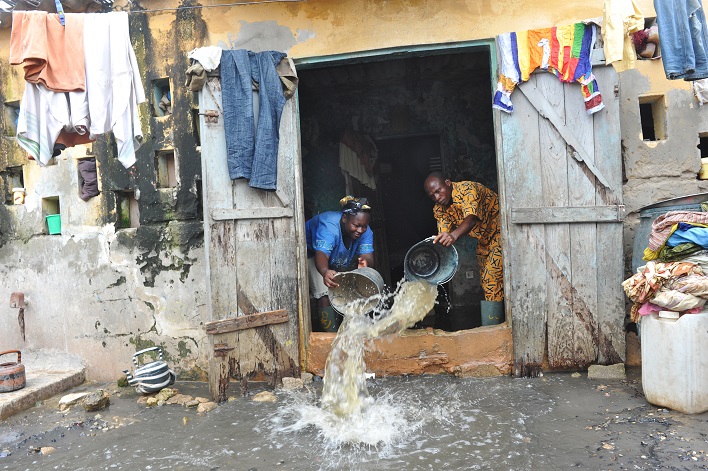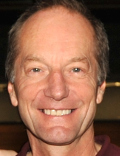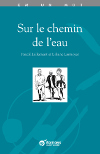The Ways of Water – A Book About Senegal

Pascal Lallement, national director of ATD Fourth World–France, wrote a book in collaboration with Liliane Larmoyer about a “solidarity” work project in Dakar, Senegal, where Lallement lived as a member of the ATD Volunteer Corps. In this book (Sur le chemin de l’eau, in French only), he describes how ATD members and the people in a neighborhood came together to help a destitute family to shore up their house, which was always being flooded. Véronique Soulé conducted the following interview.
Why did you write this book?
I wanted to give this account to show the conditions needed for an encounter between people to lead us to a specific project being carried out with residents of a neighborhood such as this one on the outskirts of Dakar.
It’s a story of honor — that of a district where neighbours were encouraged by ATD volunteers to come together and help one of the most destitute families, who were living in impossible conditions. We realised afterward that many neighbours had already known about the family’s situation. Some people had been acting on their own to help the family, but this wasn’t enough; they needed to be motivated to come together to break through the cycle.
Does this show ATD Fourth World’s approach?
Yes. It is approach that involves being present in a neighborhood, taking the time to meet people every day, carrying on a dialogue, listening, needing every person to participate, and making sure that everyone is on the same side. This approach takes time, an essential element in creating relationships based on trust. A Street Library begins, we meet people, we see them every week, and we build a project with them. There are many stages. There are also times of confrontation. For example, “No, ATD cannot pay for a bricklayer to do the work,” or “No, we will not start the work now, even if the rainy season is coming, because the family has to be involved first.”
In the end, Alima said that her situation hadn’t changed much. Isn’t that discouraging?
Not at all. Everybody else noticed changes after the work was done. For example, Alima now speaks publicly on 17 October, the World Day for Overcoming Poverty; she walks with her head high; and her children invite their friends over to their house. Extreme poverty cannot be fixed just like that. It challenges us to address the complexity of interactions with other people.
This book is available in French – Sur le chemin de l’eau.
Photo by ATD Fourth World, taken in the Guinaw Rails neighbourhood in Dakar



